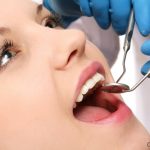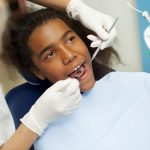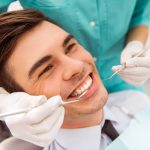PreWisdom Teeth Removal Diet: What to Eat and Avoid for a Smooth Recovery
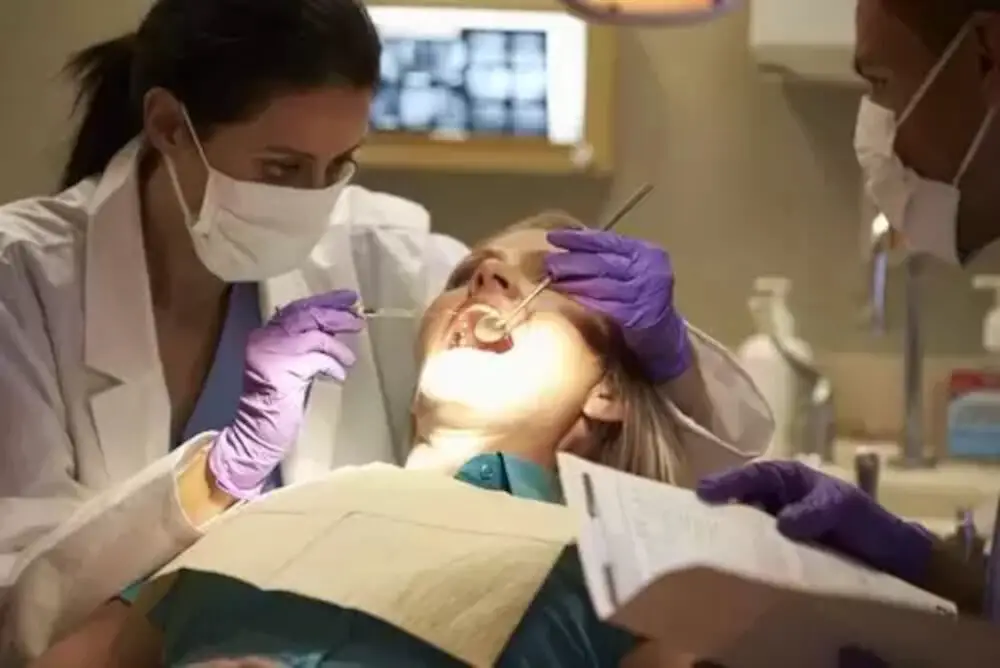
PreWisdom Teeth Removal Diet: What to Eat and Avoid for a Smooth RecoveryWisdom teeth removal is a common dental procedure that many people undergo to alleviate pain and prevent oral health problems. While the surgery itself is relatively straightforward, the recovery process can be uncomfortable and challenging, especially when it comes to eating. Your diet plays a crucial role in your recovery, as certain foods and drinks can either help or hinder the healing process. Therefore, it is essential to be mindful of what you eat before and after your wisdom teeth removal surgery. This article will provide you with a comprehensive guide on what to eat and avoid to ensure a smooth and speedy recovery. Before your wisdom teeth removal surgery, it is essential to prepare your body and your pantry for the recovery process. Stock up on soft, easy-to-eat foods such as yogurt, applesauce, and soups, as well as plenty of fluids like water, juice, and tea. Avoid hard, crunchy, or chewy foods that can irritate your gums or damage the surgical site. Additionally, refrain from smoking, as it can slow down the healing process and increase the risk of infection. By following these pre-surgery dietary guidelines, you can set yourself up for a successful and comfortable recovery.
Wisdom teeth are the last set of molars that grow in the back of the mouth and usually appear between the ages of 17 and 25. However, due to limited space in the mouth, these teeth often become impacted or grow at an angle, causing pain, infection, and damage to adjacent teeth. In such cases, wisdom teeth removal may be necessary. The procedure involves making an incision in the gum tissue to remove the tooth or teeth, which may require stitches to close the wound. Recovery can take several days to a week, during which time it is important to follow a soft food diet and avoid spicy, crunchy, or acidic foods to prevent irritation and promote healing.
A balanced and nutritious diet is essential for a smooth and speedy recovery after wisdom teeth removal surgery. The body requires a sufficient amount of vitamins, minerals, and other essential nutrients to heal tissues and prevent infections. Consuming soft, easily digestible foods such as soups, smoothies, and mashed potatoes can help avoid irritating the surgical site while providing the necessary nutrients. Additionally, it is crucial to avoid hard, crunchy, or spicy foods that can cause discomfort and hinder the healing process. A healthy and well-thought-out diet can aid in reducing inflammation, promoting tissue regeneration, and accelerating the recovery process after wisdom teeth removal surgery.
What to Eat

When preparing for wisdom teeth removal, it is essential to pay close attention to your diet and limit your intake of certain foods. A soft food diet is highly recommended in the days following surgery to prevent any complications, such as bleeding or infection, and to promote optimal healing. Some of the best foods to consume include mashed potatoes, scrambled eggs, oatmeal, and smoothies. These foods are easy to chew and swallow, provide adequate nutrition, and are unlikely to irritate the surgical site. Additionally, it is important to stay hydrated by drinking plenty of water, coconut water, or electrolyte-rich drinks. It is equally important to avoid certain foods and beverages that can impede the healing process and cause discomfort. Hard, crunchy, or sticky foods, such as chips, popcorn, nuts, and hard candies, should be avoided as they can irritate the surgical area and cause bleeding. Carbonated or sugary drinks, such as soda and juice, should also be avoided as they can increase the risk of infection and delay the healing process. Lastly, it is also advised to avoid smoking or using tobacco products, as they can delay the healing process and increase the risk of complications. Adhering to these dietary guidelines can ensure a smooth and successful recovery from wisdom teeth removal.
If you’re facing wisdom teeth removal, it’s important to follow a pre-surgery diet to make sure you have a smooth recovery. Foods that are soft and easy to chew can help you avoid pain and discomfort after the procedure. Some examples of soft foods include mashed potatoes, scrambled eggs, smoothies, soups, yogurt, and oatmeal. You can also try cooked vegetables like carrots and green beans, as well as soft fruits like bananas and berries. Avoid foods that are crunchy, sticky, or hard to chew, such as popcorn, nuts, chips, and candies. Following a soft food diet before and after your wisdom teeth removal can help you feel better and recover faster.
When it comes to healing after wisdom teeth removal, incorporating nutritious options into your diet can help promote a smooth recovery. Foods rich in protein, such as chicken, fish, and eggs, can aid in tissue repair. Vitamin C, found in fruits like oranges and strawberries, can help boost the immune system and reduce inflammation. Leafy greens like spinach and kale provide essential vitamins and minerals, while also promoting healthy digestion. Additionally, incorporating healthy fats like avocados and nuts can help reduce inflammation and provide energy. Avoiding sugary and acidic foods, as well as hard, crunchy, or chewy foods, can prevent irritation to the extraction site. By including these nutritious options in your pre- and post-surgery diet, you can promote healing and ensure a smooth recovery.
Planning your meals ahead of time is crucial for a smooth and successful recovery after wisdom teeth removal. Soft and easy-to-eat foods such as yogurt, smoothies, and pureed soups are excellent options for the first few days following surgery. Oatmeal, scrambled eggs, and mashed potatoes are also great choices. However, it is important to avoid crunchy, spicy, and acidic foods, as they can irritate the surgical site and slow down the healing process. Additionally, drinking plenty of water and staying hydrated is essential for a speedy recovery. With a little bit of planning and preparation, you can ensure that your post-surgery diet is nutritious and enjoyable, while also promoting healing and preventing complications.
What to Avoid
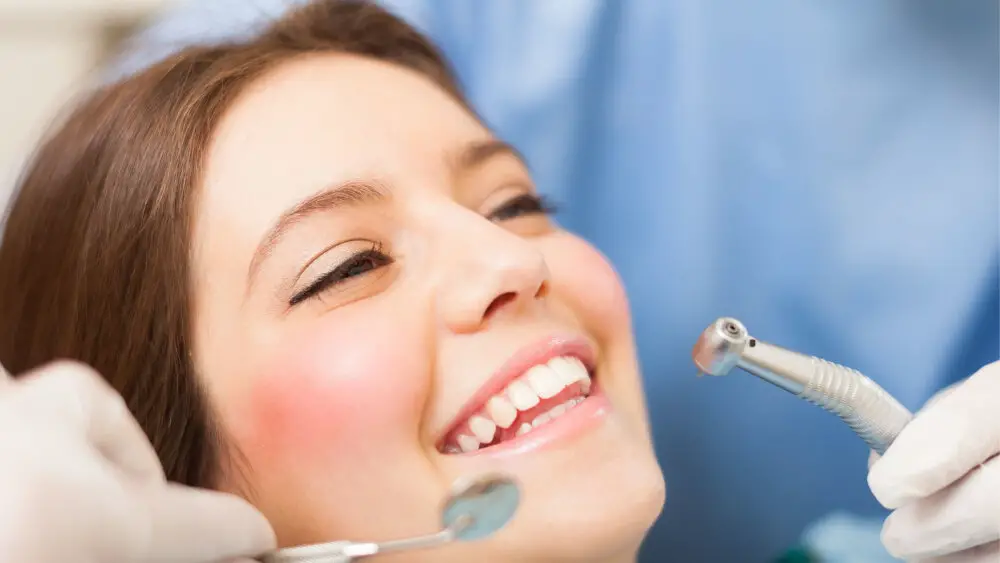
When preparing for wisdom teeth removal, it is essential to consider what foods and drinks to avoid to ensure a smooth recovery. Firstly, it is crucial to steer clear of any hard, crunchy, or chewy foods as they can irritate the surgical site and cause discomfort. These include nuts, popcorn, chips, and candy. Moreover, avoid spicy or acidic foods such as tomatoes, citrus fruits, and vinegar-based dressings as they can increase inflammation and pain in the mouth. Additionally, it is best to avoid hot beverages such as tea and coffee and opt for lukewarm or room temperature drinks to prevent further irritation. Secondly, it is crucial to avoid smoking and drinking alcohol after wisdom teeth removal as they can hinder the healing process and increase the risk of infection. Smoking can slow down the healing process by decreasing blood flow to the surgical site, leading to dry socket and other complications. Similarly, alcohol can increase bleeding and interfere with medications prescribed for pain management. It is also important to avoid using a straw, as the suction can dislodge the blood clot and cause dry socket, a painful condition that can set back the healing process. By avoiding these foods and habits, patients can ensure a smooth and comfortable recovery after wisdom teeth removal.
When it comes to pre-wisdom teeth removal diet, it’s important to avoid foods that are hard, crunchy, or sticky. These types of foods can irritate the surgical sites and potentially cause bleeding or damage to the incisions. Examples of hard foods include nuts, chips, and popcorn. Crunchy foods such as carrots and apples can also be problematic. Sticky foods like caramel or chewing gum can get stuck in the surgical sites and delay the healing process. Instead, opt for softer foods like soups, smoothies, and mashed potatoes to make your recovery as smooth as possible.
If you’re preparing for wisdom teeth removal surgery, it’s important to be mindful of the foods that you consume before and after the procedure to ensure that your recovery is as smooth as possible. Spicy or acidic foods, such as hot sauce or citrus fruits, can irritate the surgical site and lead to discomfort and potential infection. It’s best to avoid these types of foods for at least the first few days after surgery to give your mouth time to heal properly. Instead, opt for soft and easy-to-eat foods that are rich in nutrients to support your body’s healing process.
When it comes to pre-wisdom teeth removal, it’s essential to avoid certain beverages to ensure a smooth and easy recovery. Sugary drinks such as soda and fruit juices can irritate the surgical site and increase inflammation. Additionally, drinks that are too acidic, like citrus juices and sports drinks, can also cause discomfort and slow down the healing process. It’s best to stick to water, herbal teas, and broths to keep hydrated and support your body’s recovery. Avoiding caffeinated and alcoholic beverages is also recommended as these can dehydrate you and interfere with the healing process. By avoiding these beverages before your wisdom teeth removal, you can help set yourself up for a better and more comfortable recovery.
Tips for a Smooth Recovery
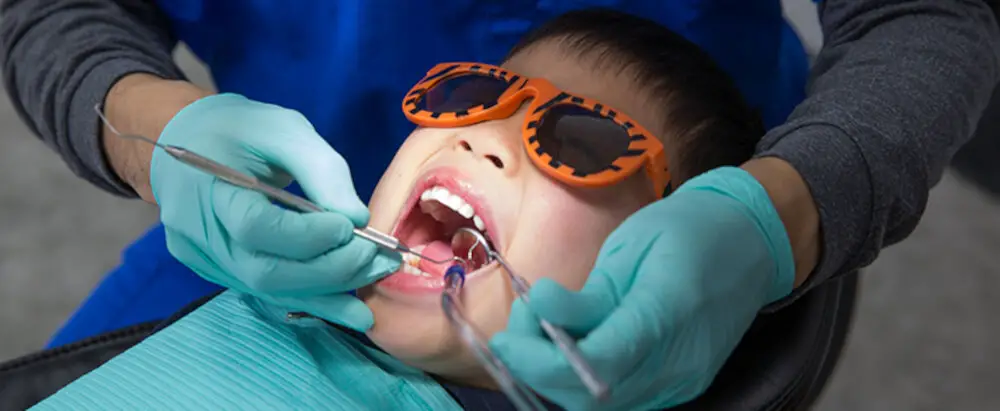
Going through any surgical procedure, including wisdom teeth removal, can be stressful and uncomfortable. However, following a few simple tips can help make the recovery process smoother and more comfortable. Firstly, it’s important to follow your doctor’s instructions regarding medication and pain management. Taking painkillers as prescribed can help alleviate discomfort and allow you to rest more easily. In addition, keeping your mouth clean is essential in preventing infection and promoting healing. This can be achieved by gently rinsing your mouth with warm salt water multiple times a day and avoiding smoking or using straws, which can dislodge the blood clot and hinder the healing process. Eating soft and easy-to-digest foods such as smoothies, soup, and mashed potatoes can help avoid placing undue pressure on the surgical site and promote healing. Another important tip for a smooth recovery is to stay hydrated. Drinking plenty of water can help flush out toxins and promote healing. Avoiding alcohol and caffeine is also vital as these can dehydrate the body and prolong the healing process. Furthermore, it’s important to rest as much as possible and avoid strenuous activities, such as exercise, for at least a few days after the procedure. This can help reduce swelling and inflammation, which can make the recovery process more comfortable. Lastly, be patient and allow your body the time it needs to heal. Wisdom teeth removal is a common procedure, and most people recover within a week or two. However, everyone’s recovery time is different, so it’s important to listen to your body and follow your doctor’s advice.
Maintaining proper oral hygiene is crucial for overall health and wellness. Brushing twice a day and using mouthwash can help prevent cavities, gum disease, and bad breath. Flossing is also essential to remove plaque and food particles that can get stuck between teeth and cause decay. In addition to these daily habits, it’s important to visit the dentist regularly for cleanings and checkups. By taking care of your teeth and gums, you can reduce the risk of complications and ensure a smooth recovery after wisdom teeth removal.
Pain management is a crucial aspect of recovery after wisdom teeth removal. It is important to follow your dentist’s instructions on pain management, which may include taking medication and applying ice to the affected area. Additionally, maintaining a soft and easy-to-chew diet can help alleviate pain and discomfort during the healing process. Foods such as soups, smoothies, and mashed potatoes can provide the necessary nutrients without putting excessive pressure on the healing area. Avoiding hard, crunchy, and spicy foods can also prevent further irritation and pain. With proper pain management and a healthy diet, recovery after wisdom teeth removal can be a smoother and more comfortable experience.
Rest and relaxation are essential components of a successful recovery after wisdom teeth removal surgery. Following the surgery, your body needs time to heal and recuperate, and it is crucial to avoid any strenuous activities that can cause bleeding or swelling. Therefore, it is recommended to take ample time off from work or school and avoid any rigorous physical activity. Additionally, relaxing activities such as reading, meditating, or listening to music can help reduce stress and promote healing. Adequate rest is also crucial for your body to rebuild strength and restore energy levels. Therefore, it is essential to prioritize rest and relaxation during the recovery period to ensure a smooth and successful healing process.
In summary, the pre-wisdom teeth removal diet plays an essential role in ensuring a smooth and comfortable recovery after the surgery. Before the procedure, it is recommended to consume foods rich in nutrients, such as proteins, vitamins, and minerals, to strengthen your immune system. Additionally, it is crucial to avoid hard, crunchy, and sticky foods that can damage the surgical site and cause discomfort. Instead, opt for soft, nutritious foods like smoothies, soups, and mashed potatoes. Remember to stay hydrated, avoid smoking, and follow your dentist’s instructions to ensure a successful recovery. By following these guidelines, you can minimize the risk of complications and promote healing, leading to a faster and more comfortable recovery.
Following a recommended diet after wisdom teeth removal is crucial for successful recovery. While it may be tempting to indulge in your favorite foods, it’s important to avoid hard, crunchy, or sticky foods that can irritate the surgical site and delay healing. Instead, focus on soft, nutritious foods that can help your body heal and reduce inflammation. Incorporating foods rich in protein, fiber, and vitamins can also help boost your immune system and speed up the healing process. Remember, taking care of your body during recovery will not only ensure a smoother healing process but also prevent any complications that may arise. So, take the necessary steps to follow a recommended diet and give your body the nutrients it needs to recover and heal.
Conclusion

In conclusion, following a proper diet before and after wisdom teeth removal is crucial for a smooth and successful recovery. It is important to avoid hard, crunchy, and spicy foods that can irritate the surgical site and opt for soft, nutritious foods that are easy to chew. Adequate hydration, rest, and proper oral hygiene can also aid in the healing process. By following these dietary guidelines, patients can ensure a comfortable and speedy recovery, allowing them to return to their normal routine as soon as possible.

